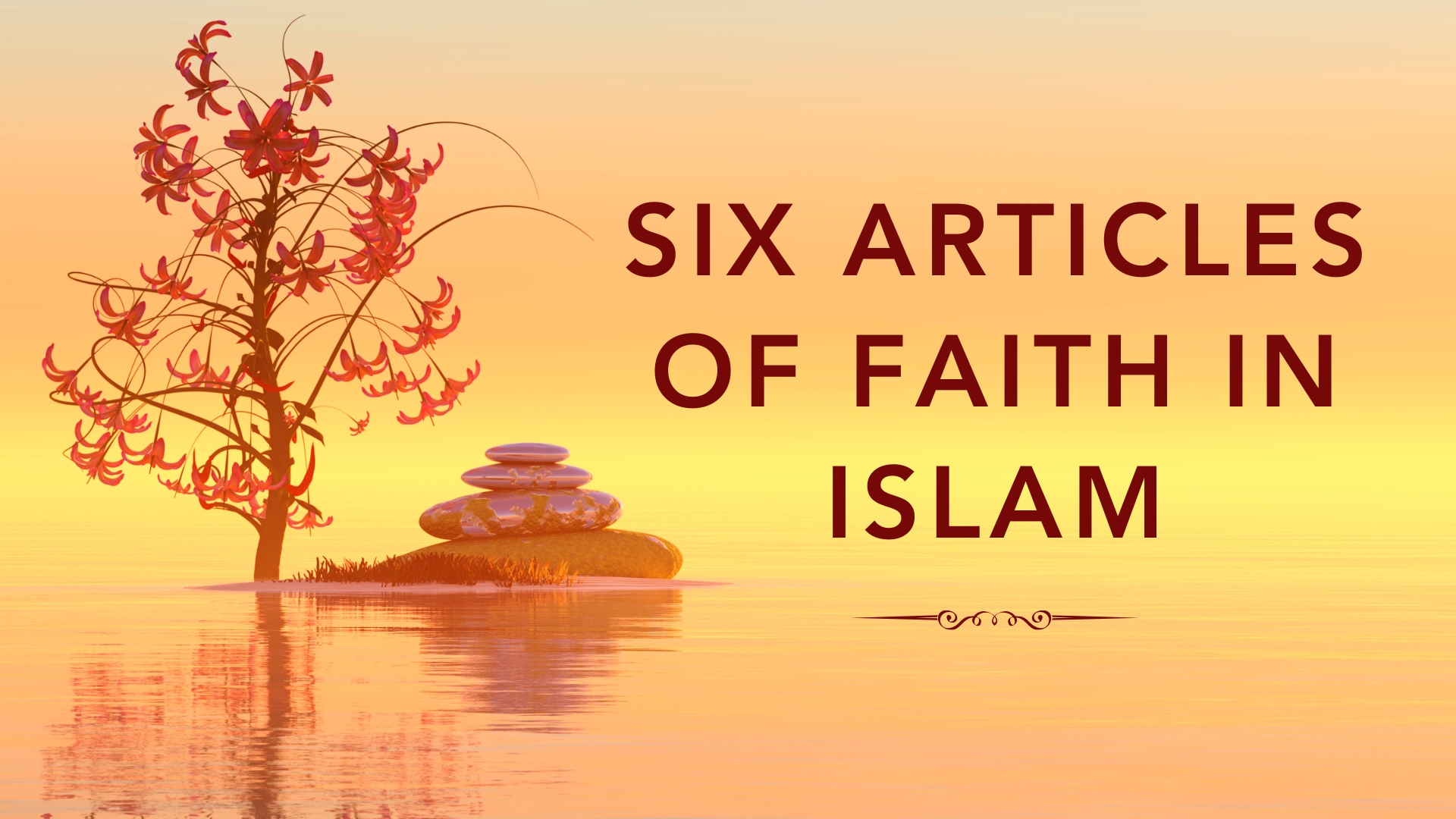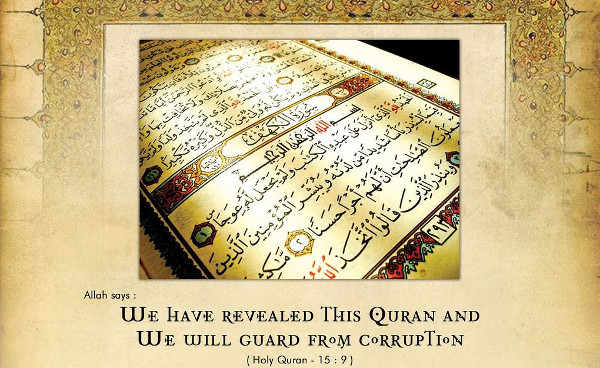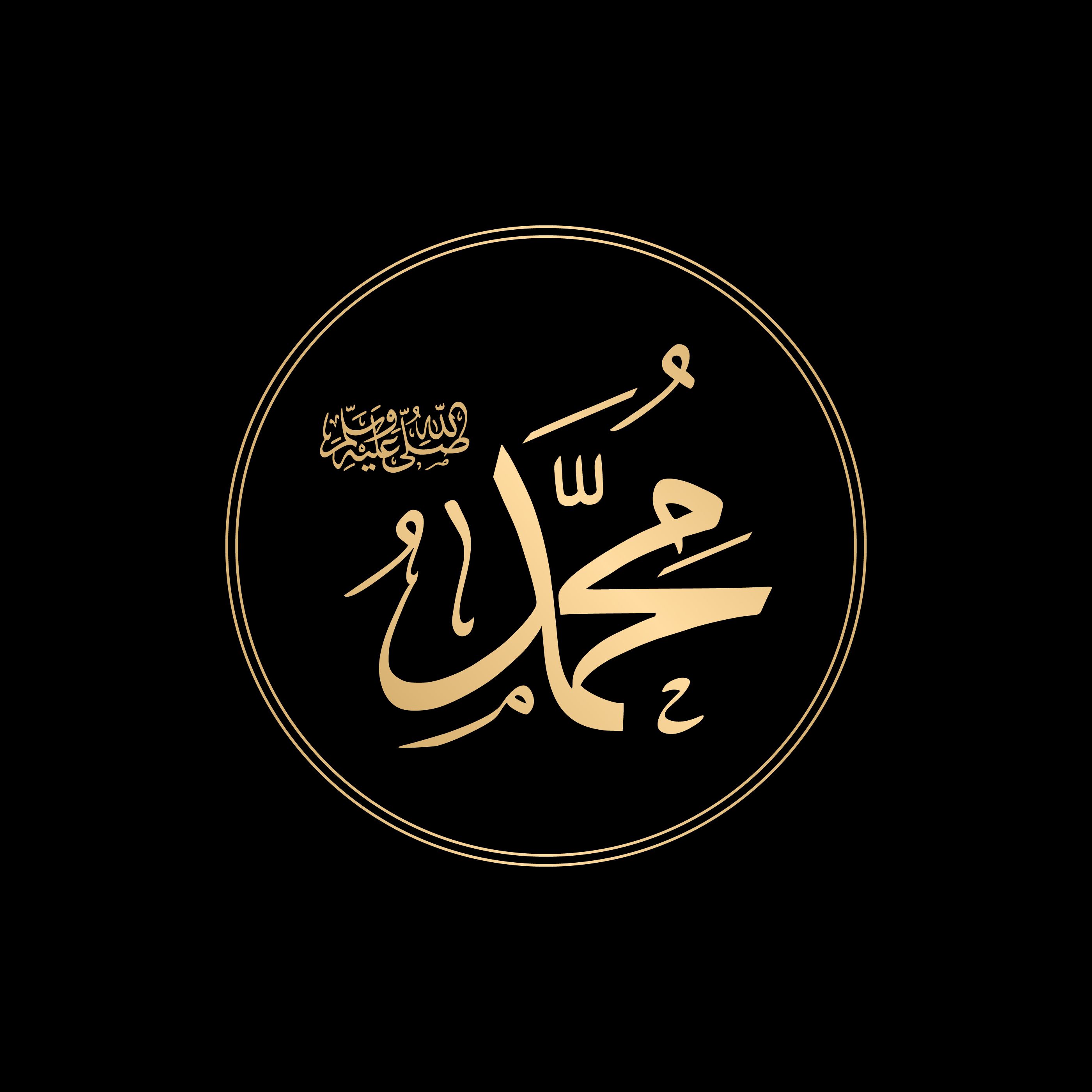
Introduction:
Belief in life after death — al-Akhirah — is a fundamental pillar of Islamic faith. It answers one of humanity’s oldest questions: What happens after we die? Islam teaches that death is not the end but a transition — from this temporary world (dunya) to the eternal life that follows.The Qur’an describes this world as a test, and the Hereafter as the true home where every soul will meet its final recompense. “And this worldly life is nothing but amusement and diversion; but the home of the Hereafter is best for those who fear Allah. Will you not then reason?”— Surah Al-An‘am (6:32)
The Certainty of Death:
No human, rich or poor, powerful or weak, can escape death. It is the one event that unites all creation — a divine decree that none can delay or hasten. “Every soul shall taste death, and you will only be given your [full] compensation on the Day of Resurrection.”— Surah Aal ‘Imran (3:185) Death in Islam is not annihilation but separation: the soul departs from the body and begins a new phase of existence known as Barzakh.
The Journey of the Soul:
The Prophet Muhammad ﷺ described, in vivid detail, what happens to the soul at death. According to Sahih Muslim (2872), he said: “When the believing soul is about to depart, angels with bright faces come down to it… They say, ‘O good soul, come out to the forgiveness of Allah and His pleasure.’ Then it comes out easily, like water flowing from a jug.” For the unbelieving soul, the process is difficult: “When the soul of the disbeliever is about to depart, angels with dark faces come down… They say, ‘O wicked soul, come out to the anger of Allah.’ It is pulled out as wool is pulled through a thorny branch.”— Sahih Muslim, 2872
After burial, the soul enters a waiting realm called Barzakh — a stage between death and resurrection. Here, the soul experiences either peace and comfort or punishment, depending on its faith and deeds. “And behind them is a barrier (barzakh) until the Day they are resurrected.”— Surah Al-Mu’minun (23:100) The Prophet ﷺ said: “When a person is placed in his grave, two angels come to him and ask: ‘Who is your Lord? What is your religion? Who is your Prophet?’”— Sunan Abu Dawood (4753) Those who answer correctly experience comfort, while those who reject faith face torment until the Resurrection.
The Day of Resurrection (Yawm al-Qiyāmah)
Allah will resurrect every soul for judgment.The Qur’an describes this event with awe-inspiring power: “When the earth is shaken with its [final] earthquake and the earth discharges its burdens, and man says, ‘What is [wrong] with it?’ That Day, it will report its news.”— Surah Az-Zalzalah (99:1–4) “As We began the first creation, We will repeat it; [it is] a promise binding upon Us.”— Surah Al-Anbiya (21:104)
On that Day: The dead will rise from their graves. The records of deeds (Suhuf al-A‘mal) will be opened.The scales (Mīzan) will be set to weigh actions. Every hidden truth will be revealed. “Whoever does an atom’s weight of good will see it, and whoever does an atom’s weight of evil will see it.”— Surah Az-Zalzalah (99:7–8)
The Judgment:
Every human will stand before Allah to account for their actions — nothing will be hidden. “And We shall set up the scales of justice for the Day of Resurrection, so no soul will be wronged at all.”— Surah Al-Anbiya (21:47) Prophets, angels, and witnesses will testify. For the believer, even small deeds done sincerely for Allah’s sake will be rewarded abundantly. For the rejecter, denial of truth and injustice toward others will lead to punishment. “On that Day, faces will be radiant, looking at their Lord; and on that Day, [other] faces will be gloomy, expecting that there will be done to them some great calamity.”— Surah Al-Qiyamah (75:22–25)
Paradise (Jannah)
For the righteous, eternal life begins in Paradise — a place of unimaginable peace, beauty, and joy. “No soul knows what delight of the eyes is kept hidden for them — as a reward for what they used to do.”— Surah As-Sajdah (32:17) The Qur’an describes rivers of milk and honey, gardens beneath which rivers flow, and everlasting companionship and contentment.But beyond all of that is the greatest reward: seeing the face of Allah.> “For those who have done good is the best [reward] and even more.”— Surah Yunus (10:26) According to Sahih Muslim (181), “even more” refers to gazing upon Allah’s countenance — the ultimate joy of the believers.
Hellfire (Jahannam)
Hell is the abode for those who rejected truth, oppressed others, and turned away from divine guidance.It is described as a place of fire, regret, and spiritual agony.> “Indeed, those who disbelieve in Our verses — We will drive them into a Fire. Every time their skins are roasted through, We will replace them with other skins so they may taste the punishment.”— Surah An-Nisa (4:56) Hell is not mere vengeance; it is perfect justice — the consequence of rebellion against the Creator and harm toward His creation. “And they will cry, ‘Our Lord, remove us; we will do righteousness, other than what we were doing!’ But it will be said, ‘Did We not give you long enough life for whoever would remember to remember?’”— Surah Fatir (35:37)
Eternal Justice and Mercy:
Allah’s justice is absolute, and His mercy encompasses all. Even those punished will admit that Allah wronged them not — they wronged themselves. “Indeed, Allah does not wrong the people at all, but it is the people who are wronging themselves.”— Surah Yunus (10:44) And for those who repented sincerely, even after sinning, Allah promises forgiveness. “Say, ‘O My servants who have transgressed against themselves, do not despair of the mercy of Allah. Indeed, Allah forgives all sins.’”— Surah Az-Zumar (39:53)
The Purpose Behind the Hereafter:
The belief in the Ākhirah gives meaning to life, accountability to actions, and hope beyond suffering. Without it, morality becomes hollow and justice incomplete. “Did you think that We created you aimlessly and that to Us you would not be returned?”— Surah Al-Mu’minun (23:115) The Hereafter reminds every human being: Life is short, deeds are recorded, and eternity awaits.
Conclusion:
The life after death is not a myth or mystery — it is a promise of truth from the One who created life and death. For the believer, it is a return to mercy. For the disbeliever, it is the unveiling of denial. The wise one is he who prepares for what inevitably comes. The Prophet ﷺ said: “The intelligent one is he who controls himself and works for what is after death, and the foolish one is he who follows his desires and hopes upon Allah.”— Sunan al-Tirmidhi (2459) May Allah make us among those who remember death, live righteously, and meet Him with hearts at peace. “O tranquil soul, return to your Lord, well-pleased and pleasing [to Him]. Enter among My servants and enter My Paradise.”— Surah Al-Fajr (89:27–30)
References:
Qur’an:Surah Al-An‘am (6:32) Surah Aal ‘Imran (3:185) Surah Al-Mu’minun (23:100, 23:115) Surah Az-Zalzalah (99:1–8) Surah Al-Anbiya (21:47, 21:104) Surah Al-Qiyamah (75:22–25) Surah As-Sajdah (32:17)Surah Yunus (10:26, 10:44) Surah An-Nisa (4:56) Surah Fatir (35:37)Surah Az-Zumar (39:53) Surah Al-Fajr (89:27–30)
Hadith:Sahih Muslim, 2872, 181 Sunan Abu Dawood, 4753 Sunan al-Tirmidhi, 2459
Kitab al-Ruh — Ibn al-Qayyim
Sharh al-Aqidah al-Tahawiyyah — Ibn Abi al-‘Izz
Al-Qiyamah wa’l-Akhirah — Imam al-Bayhaqi
The End of the World — Dr. Muhammad Al-Areefi
Life After Death — Dr. Bilal Philips
Islamic Creed Series: Belief in the Last Day — Ibn Uthaymeen






